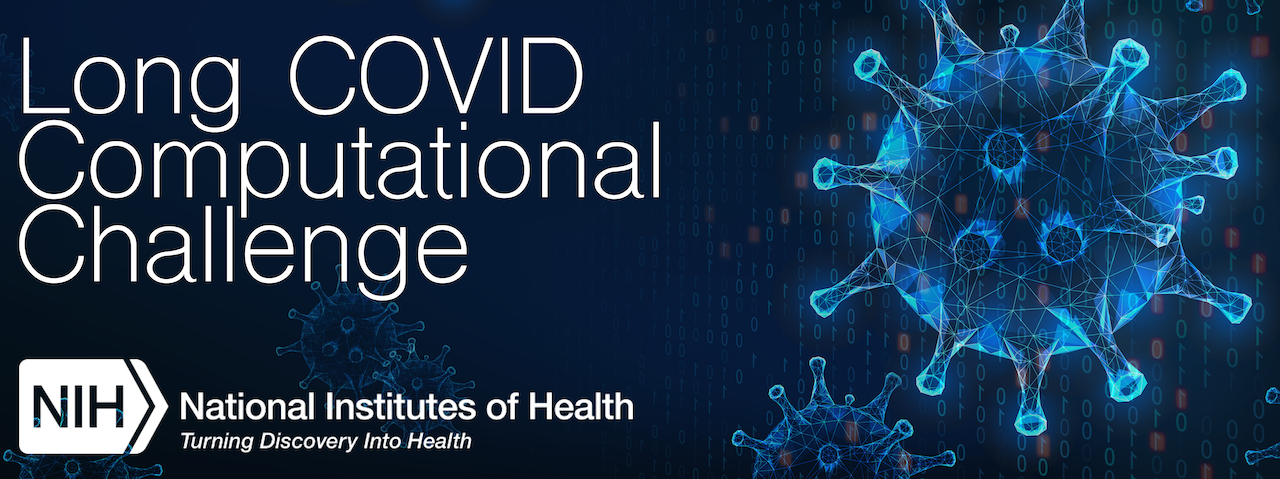
NIH has issued a challenge to develop an algorithm that can identify COVID-19 patients with a high risk of developing Long COVID.

NIH has issued a challenge to develop an algorithm that can identify COVID-19 patients with a high risk of developing Long COVID.
What you need to know
Studies have shown that recovery from infection with SARS-CoV-2, the virus that causes COVID-19, can vary from person to person. Most patients seem to recover from COVID-19 quickly and completely. However, others report experiencing COVID-19 symptoms that last for weeks or months or developing new symptoms weeks after infection. These long-term effects are called post-acute sequelae of SARS-CoV-2 (PASC) or, more commonly, Long COVID.
To better understand which patients develop Long COVID, the NIH Rapid Acceleration of Diagnostics (RADx) initiative has launched the NIH Long COVID Computational Challenge (L3C). Part of the RADx-Radical program, the challenge aims to support research that uses artificial intelligence and machine learning tools to identify COVID-19 patients with a high risk of developing Long COVID. The challenge will award $500,000 in total cash prizes to first, second, and third place and up to five honorable mentions.
How does the challenge work?
Researchers who participate in the challenge will create algorithms that analyze anonymized medical records to find out which patients with SARS-CoV-2 infections are most likely to develop Long COVID.
A panel of judges will test the projects on quantitative metrics, such as how well the projects can analyze data from different times, sites, and demographics. The judges will also test the projects on qualitative metrics, such as whether the tool can predict Long COVID risk before the patient is diagnosed in a different way and how likely health care providers would be to use the tool in their clinic.
The submission deadline is December 15, 2022. Winners will be announced in March 2023.
Why is this research important?
The tools developed for this challenge can help health care providers predict whether a person infected with SARS-CoV-2 has a high risk for having Long COVID later. If providers could identify people at high risk of Long COVID, they would have a chance to recommend ways to manage symptoms and prevent that outcome.
Where can I go to learn more?
NIH Long COVID Computational Challenge (L3C)
-
The deadline to submit a model for this challenge is December 15, 2022.
Researching COVID to Enhance Recovery (RECOVER) Initiative
-
NIH created the RECOVER Initiative to learn about the long-term effects of COVID-19. Whether or not you have had COVID-19, you may be able to participate in RECOVER research.
Studying Long COVID Might Help Others With Post-Viral Fatigue Ailments
-
Avindra Nath, M.D., the clinical director of the National Institute of Neurological Disorders and Stroke, discusses Long COVID research and how it can benefit people with other diseases.

News and Stories
Read stories about the efforts underway to prevent, detect, and treat COVID-19 and its effects on our health.
 An official website of the United States government
An official website of the United States government

